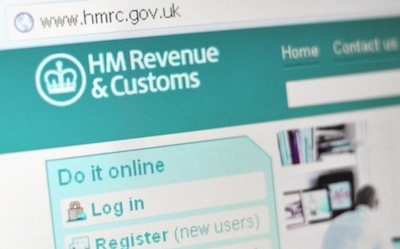HM Revenue and Customs has put a stop to thousands of scam text messages from reaching phones, it says.
The HMRC said it had stopped 90 per cent of the most ‘convincing texts’ before they reached taxpayers' phones. There is evidence that more fradusters are using scam texts as a new way to target taxpayers.
Fraudsters claiming to be from the HMRC send text messages to unsuspecting members of the public. In these messages they will make false claims, such as suggesting the recipient is due a tax rebate.
Messages will usually include links to websites which save personal information or spread malware. This leads to identity fraud and the theft of personal savings, said the HMRC.
Angela MacDonald, director of customer services, HMRC said: “HMRC is focused on becoming the most digitally advanced tax authority in the world, and a big part of that relates to keeping our customers safe from online scammers.”
Scams via text messages are on the increase, said HMRC. It said: “As email and website scams become less effective, fraudsters are increasingly turning to text messages to con taxpayers. But as these numbers show, we won’t rest until these criminals are out of avenues to exploit.”
The HMRC said that this type of fraud has quickly increased in volume over the last few years and people are nine times more likely to fall for text message scams than other forms like email because they can appear more legitimate, with many texts displaying ‘HMRC’ as the sender rather than a phone number.
In the last 12 months HMRC said it had removed 16,000 malicious websites, by introducing technical controls, HMRC has also stopped customers receiving over 300 million fake emails claiming to come from the tax authority.
The tax collector began a pilot in April 2017 to combat scam text messages. The new technology identifies fraud texts with ‘tags’ that suggest it’s from HMRC and stops them from being delivered.
Since the pilot began, there has been a major reduction, says the HMRC, in customer reports around the spoofing of these specific HMRC-related tags on SMS and a five-fold reduction in malicious SMS reports. The initiative has helped reduce reports of these scams from over 5,000 in March 2017, before the new programme was introduced, to less than 1,000 in December 2017.

